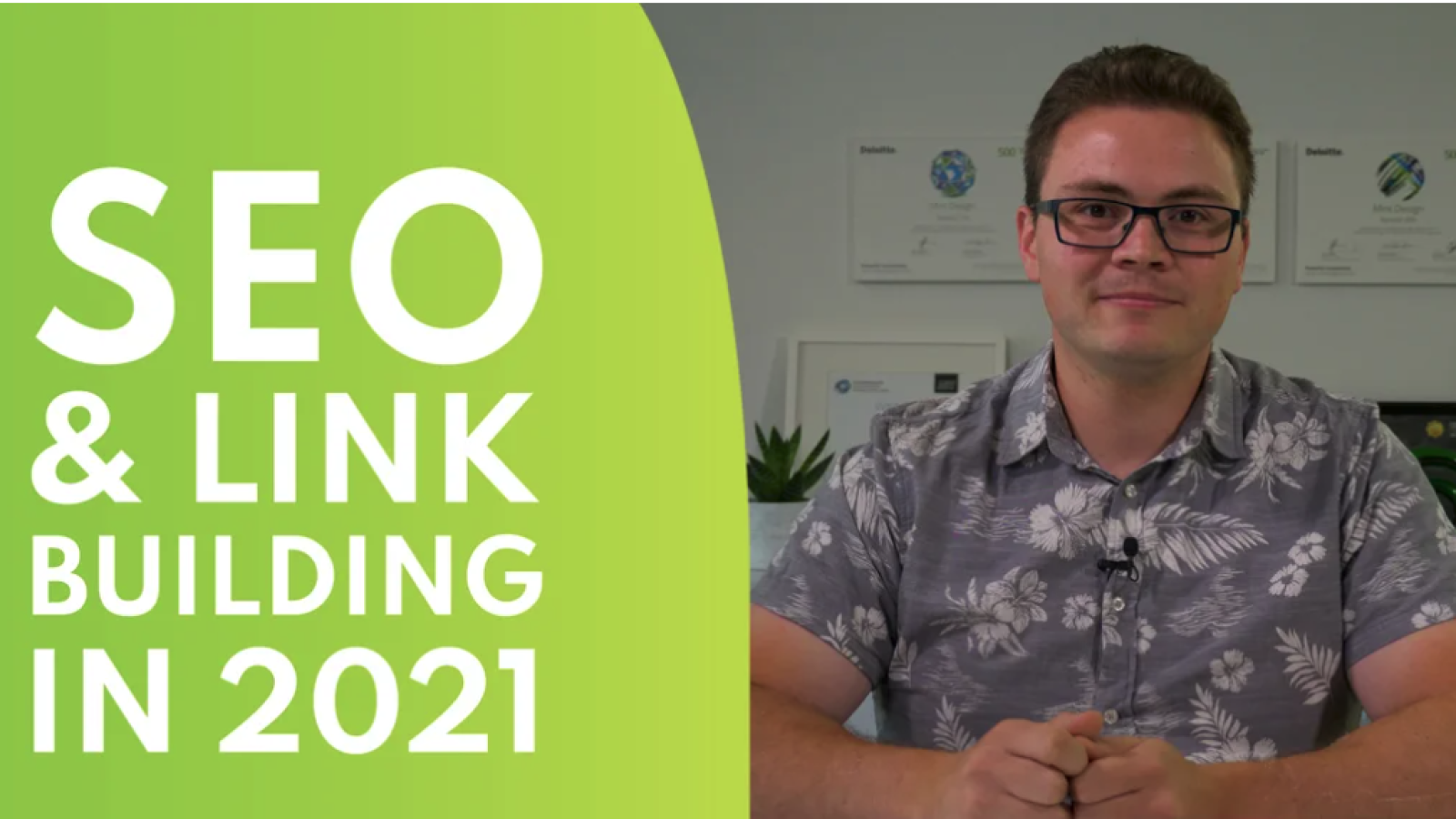Prefer to scan? Here's the video transcript:
Search engine optimisation was born around 1991 along with the first websites and search engines. It's crazy to think that marketers in this day and age, 30 years later are still treating links and link building the same way.
This may be an unpopular opinion among digital marketing agencies but search engines have changed and SEO strategies need to change too.
I'm Jake Shelton, the Marketing Manager and one of the partners here at Mint.
For the past 20 years, links have been core to how Google ranks web pages. But today, most marketers dramatically overestimate the importance of links in their own SEO strategy. The situation is made worse by the hundreds of SEO tools available on the market that are aimed at building, measuring, and reporting on your backlinks.
For those business owners that are not familiar with the terminology that digital agencies throw around, let me start with a brief explanation.
A link is a piece of code in the content of one website directing visitors to another website. If you have other websites that link back to your own then those connections are referred to as backlinks.
These backlinks have been important to search engines like Google as they represented a vote of confidence from one website owner to another. This vote of confidence was the easiest way for Google to assign a value of trust or authority to a website or brand.
The obvious problem here is that these links usually represent a motivated, biased version of reality. As votes were only counted from other websites and no actual web users, it wasn't a fair count of what users actually thought of the websites. The more money a brand had, the easier it was for them to build up these links back to their website.
Google has always been aware of this flaw in the system and has implemented numerous countermeasures in the attempt to squeeze out fraudulent links and create a better user experience over the last 2 decades.
In recent times, the importance of these links has diminished and there is good evidence that over the long run, links won't be crucial at all to Google's ranking. So the question becomes, what will replace them?
The short answer is contextual content. As Google's computing power and algorithms improve, it no longer needs to rely on flawed signals and it can understand what users value. It can understand the content across websites and understand the sentiment behind references towards brands and other websites.
Google's end goal is to provide the best customer experience as that is what is going to keep people using Google and its other services. Your SEO strategy needs to be aimed toward the same goal. If you provide the best user experience then Google will reward you with better rankings.
If your strategy is based around trying to trick Google into ranking you higher then you are doomed to fail. Link building should not be the core focus of any modern SEO strategy.
If you are concerned about your current SEO strategy and would like to get a second opinion contact us here at Mint, we're always here to help.
Thanks for watching.
